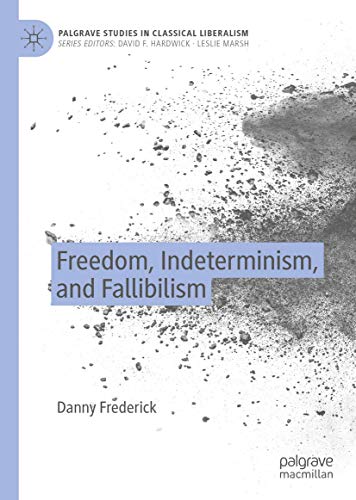The contradictory of determinism; that is, the theory that at least some events have no cause.
An alternative formulation is that some event could, or might, have been different even if everything in the universe up to the time of its occurrence had been the same. (Here there are problems about the interpretation of ‘could’ and ‘might’.)
Indeterminism has been claimed mainly for quantum events in physics and for human acts of free will, where incompatibilists (see: compatibilism) think it indispensable.
Attempts have been made to use the indeterminism of quantum phenomena to ground that of human actions, but objections have been raised that more is needed if actions are to be more than random occurrences.
Also see: libertarianism
Source:
G E M Anscombe, ‘Causality and Determination’, reprinted in E Sosa, ed., Causation and Conditionals (1975))
Table of Contents
Last update 2020-06-17. Price and product availability may change.










